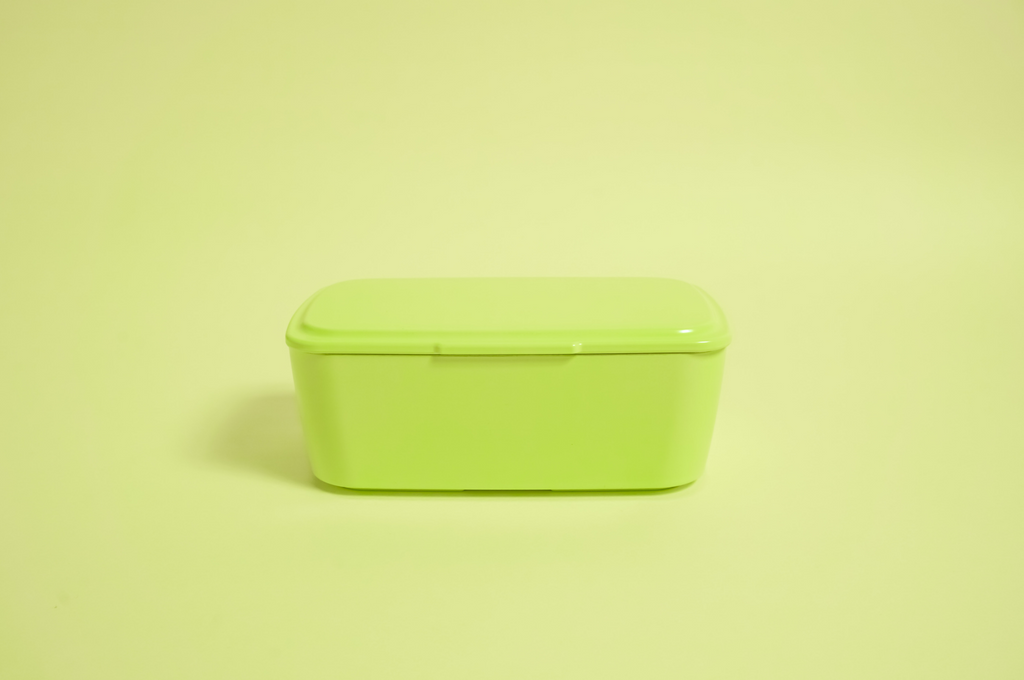
Cease the winds from the west, cease the winds from the south, let the breezes blow over the land, let the breezes blow over the ocean. Let the red-tipped dawn come with a sharpened air, a touch of frost, a promise of a glorious day.
Principal Pam Quirke of Deanwell School in Hamilton leads by example. Pam has Māori heritage, and strong philosophies around te āo Māori. Connecting with whānau and educating the whole child are important at Deanwell, as is depth in curriculum delivery.
Sarah Pitches is Board Chair, and volunteers in the school, so she feels well-connected to the kaupapa of Pam and the teaching staff. She has two children at the school, Grace in Year 2 and Leo in Year 4. A school holiday trip to visit whānau in Wellington gave an opportunity for the children to co-plan some activities with their cousins. They chose visits to the Terracotta Warriors at the Museum of New Zealand Te Papa Tongarewa (they had seen the digital story from the CSI Literacy Private Eye series which piqued their interest). They also wanted to see the original copies of The Treaty of Waitangi at the National Library. As a bonus they went to the Mr Science session at Te Papa, and rode the Cable Car.
But how did these activities lead to writing, writing and more writing?
Leo is not a confident writer. He has lots of ideas, and often draws quirky cartoon-like pictures but doesn’t write much text. To encourage him to write, his teacher, Ms Laloli, suggested he look for things he was interested in outside of school activities. So Sarah decided to collect up all the pieces of collateral from the trips, and put them into plastic lunchboxes to keep them together. Everything went in – brochures, entry tickets, photographs, and more. She suggested to Leo and Grace that, when the opportunity arose, they could pick up on Ms Laloli’s idea and use them as writing starters. The results were fascinating!
Grace’s teacher, Whaea Mara, commented that the box of goodies first got her students talking. The tamariki in the class were interested in seeing the photos as they had been studying the Treaty document in class.
It soon became clear that the Easter ‘field trip’ and the box of goodies had a startling effect on Grace’s writing. She returned to school and launched into her writing as never before, producing three pages of narrative about her experiences. This was followed by a shorter, more in-depth descriptive story peppered with new vocabulary, such as ‘scrunching’, and ‘garbage bin’. The lunchbox starters had ignited her! The following day the class was writing using natural resources – in Grace’s case, leaves. Suddenly, Grace started using similes. Smiles all around!
Leo sometimes works with a teacher’s aide, particularly around language. Her first observation was that Leo had lots to say about his experiences. Oral language is good and is often a precursor to writing. The lunchbox also attracted Leo’s peers to engage. Discussion flowed around the Treaty document (rats had eaten around the edges of the ‘tasty’ parchment, a sure fire winner for these boys). Questions about whānau, and stories about exciting Wellington adventures followed. Leo then wrote about his experiences, using complex language and images that he drew. He integrated written text and images in his own way to express complex ideas. His lunchbox really got him going.
We know from the research that literacy competence develops in different ways with different students. Engagement is a key component, along with quality teaching, strong leadership, whānau support, and excellent resources.
But who would have thought a re-usable, plastic lunchbox filled with memories could be such a powerful influence on student writing! Glorious days indeed!
By Sarah Pitches and Neale Pitches

Leave a comment: